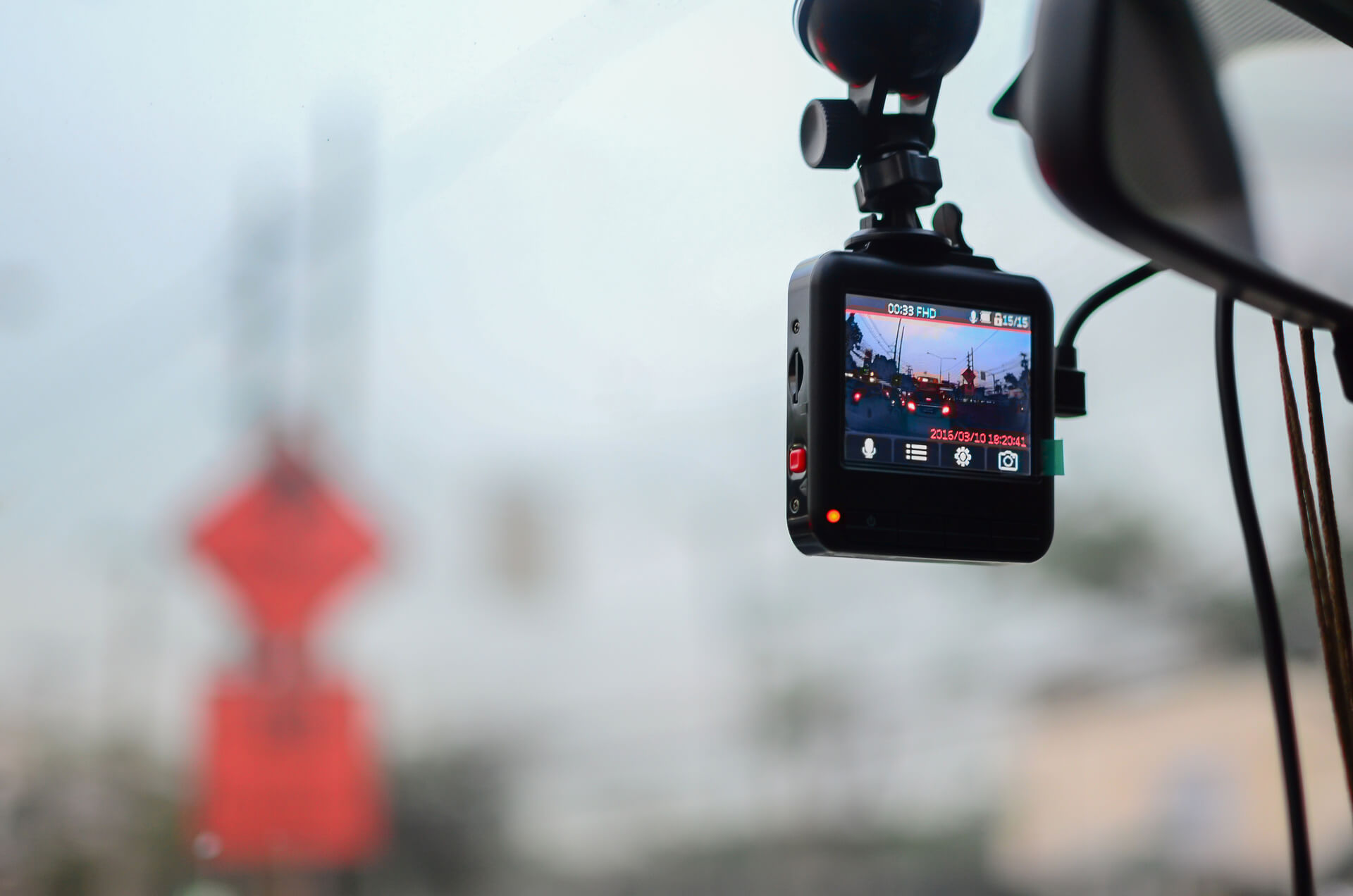
Using Dash Cams to Lower Insurance Costs — Do They Actually Help?

by Erin Anderson
Dash cams have gone from niche gadget to must-have for many drivers — and with good reason. These tiny windshield-mounted cameras can record everything from scenic drives to fender benders, offering video evidence when something goes wrong on the road.
But beyond peace of mind and viral YouTube potential, there's a question many drivers are asking:
Can a dash cam actually lower your car insurance costs?
The short answer? Sometimes.
While a dash cam won't guarantee lower premiums across the board, it can still play a smart role in protecting your wallet — especially when it comes to claims, fraud, and disputes. Here's what to know.
First, What Does a Dash Cam Do?
A dash cam (short for "dashboard camera") is a small device that records video while you drive. Some models record only what's in front of the car; others capture both front and rear views, or even inside the cabin.
Many activate automatically when the engine starts, and some include features like:
- GPS tracking
- Speed logging
- Impact detection
- Parking mode for motion-triggered recording
While they don't prevent accidents, dash cams can provide key evidence when one happens — and that's where the insurance angle comes in.
Do Insurance Companies Offer Dash Cam Discounts?
Here's the catch: most insurers in the U.S. don't offer direct discounts just for having a dash cam.
Unlike anti-theft devices or defensive driving courses (which often come with known discounts), dash cams aren't yet standard in underwriting formulas.
But that doesn't mean they don't help.
✅ Pro Tip: Some insurers in other countries (like the UK or South Korea) do offer dash cam discounts — and U.S. companies may follow suit as dash cams become more common.
How Dash Cams Can Save You Money
Even without an automatic discount, having a dash cam can still be a smart financial move. Here's how it can work in your favor:
1. They Can Help Settle Claims Faster
Video evidence can show exactly what happened in an accident — who was at fault, how the crash occurred, or whether a traffic law was broken.
This can:
- Speed up the investigation
- Support your version of events
- Prevent your premiums from going up due to blame being wrongly assigned
In short: dash cams help protect you from paying for someone else's mistake.
2. They Help Fight Fraud
Insurance fraud — like staged accidents or false injury claims — costs billions every year. If you're targeted in a scam, dash cam footage could be your best defense.
Insurers are more likely to deny a fraudulent claim (and protect your clean record) if there's clear video to back you up.
3. They Might Influence Future Premiums
Some insurance companies track claim history when setting your rates. If dash cam footage helps you avoid being found at fault, that clean record can mean lower rates over time.
What Insurers Think About Dash Cams
While not officially part of most discount programs (yet), many insurers encourage dash cam use — especially for high-mileage drivers, commercial vehicles, or those in densely populated areas.
They also may accept dash cam footage as part of a claim investigation, especially if the footage:
- Is time- and date-stamped
- Clearly shows the incident
- Hasn't been edited or altered
📌 Tip: If you're submitting dash cam footage in a claim, let your insurer know right away and provide the raw file if possible.
Choosing the Right Dash Cam
Not all dash cams are created equal. If you're thinking about buying one, look for features that can offer better protection — and clearer footage in case you need it:
- 1080p HD resolution (or higher)
- Night vision or low-light clarity
- Wide-angle lens (at least 120°)
- Loop recording and auto-save on impact
- GPS and speed tracking
Many quality models are available for under $150 — a small investment compared to what you could save in a claim situation.
The Bottom Line
While a dash cam probably won't cut your insurance premium right away, it can protect you from costly claims, help prove fault, and even prevent fraud. In other words, it's not a guaranteed discount — but it is a smart layer of protection that could pay off when it matters most.
👉 Thinking about upgrading your car coverage — or adding a dash cam to your routine?
Now's a good time to:
- Review your current insurance policy
- Ask your insurer if they accept dash cam footage for claims
- Get updated quotes (especially if you've had recent changes in driving habits or vehicles)
Even if your dash cam never captures an accident, having one in place can give you a major advantage — and peace of mind — every time you hit the road.